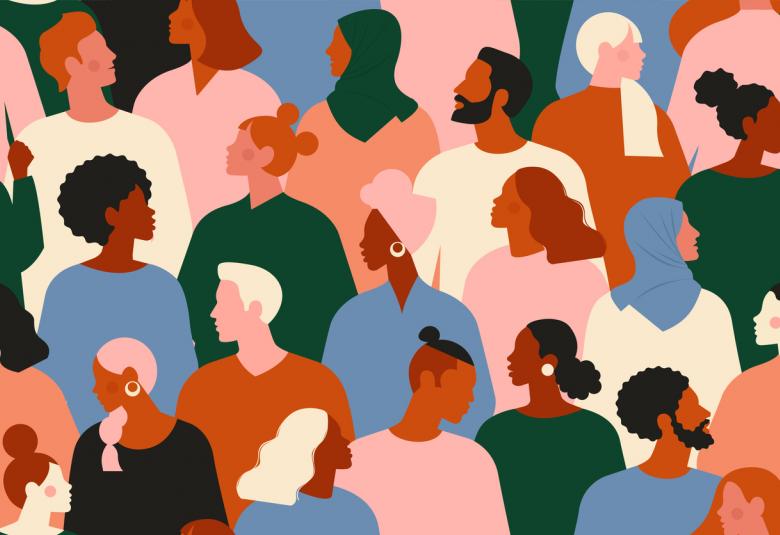Existing psychiatric problems such as depression and anxiety in the elderly should not be forgotten when considering the impact of dementia and the COVID-19 pandemics, Board Members of the American Association for Geriatric Psychiatry told a specialist session at APAAM 2021.
Although psychiatric disorders becomes less prevalent between the ages of 55 and 85 years, a national representative sample of US adults shows that they remain common.! Among older adults, 11.4% reported having had an anxiety disorder over the past year, and 6.8% a disorder of mood (which included major depression and bipolar disorder).1
Diagnosis and treatment of psychiatric disorders remains important into old age, but older people are less well served 1-3
These findings emphasize that the prevention, diagnosis and treatment of psychiatric disorders remains important into old age. But the National Ambulatory Medical Care Survey suggests that older adults receive care that is less good then their younger counterparts.2,3
From data cited2,3 by Rajesh Tampi (Past-President of the American Association for Geriatric Psychiatry, AAGP), only a minority of older people get to see a psychiatrist for their mental health disorders:
• Older people were more likely to have been prescribed a psychotropic drug when no DSM-IV diagnosis had been noted, and
• They had more chronic conditions, but the duration of consultations was shorter.
Dementia and COVID-19: a conjunction of pandemics
Problems in providing good care for older adults with mental health problems are exacerbated by co-occurring cognitive decline and dementia. Data from the Framingham study suggest that the lifetime risk for Alzheimer’s dementia at age 65 is 21.1% for women and 11.6% for men.4
On top of this, came the COVID-19 pandemic, which disproportionately impacted the elderly: in the US, people over the age of 65 years accounted for 31% of infections but 53% of intensive care admissions and 80% of deaths.5
Mental health problems are both acute and long-lasting sequelae of COVID-19 infection
In addition to causing understandable anxiety, and the adverse impact of social isolation and loneliness on mental health, it seems the COVID virus has direct effects on the brain, ranging from “brain fog” to psychosis.
Continuing the APAAM 2021 session on mental health disorders, dementia and COVID-19, Marc Agronin (President-Elect of the AAGP) drew attention to data from 125 case reports of neuropsychiatric complications from the UK.6 In this group, with a median age of 71 years, acute changes of mental status were seen at presentation with COVID infection in 31% of patients -- 18% of whom had encephalitis, 43% a new diagnosis of psychosis, 17% mood disorder, and 26% neurocognitive changes.
Approaches to management
Dr Agronin concluded with the following suggestions:
• Mental health issues should be treated as both acute and as potentially long-lasting sequelae of COVID-19 infection
• Patients need aggressive identification and treatment of neurocognitive changes, delirium, psychosis and mood or anxiety disorders, and
• Older individuals, especially those with frailty and dementia, should be mobilized as soon as possible to avoid deconditioning, and to build confidence and promote engagement with others.
Our correspondent’s highlights from the symposium are meant as a fair representation of the scientific content presented. The views and opinions expressed on this page do not necessarily reflect those of Lundbeck.




